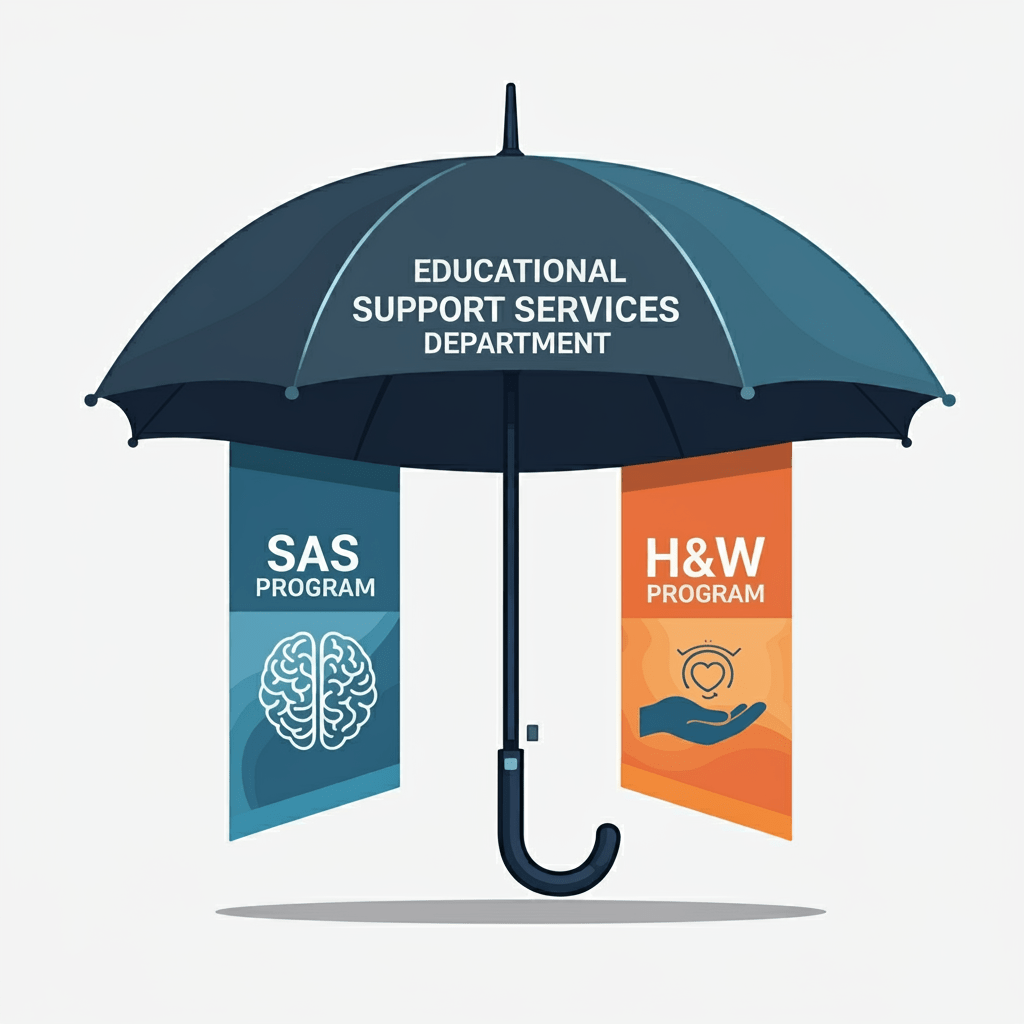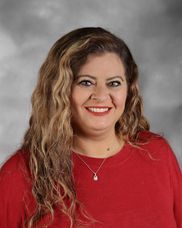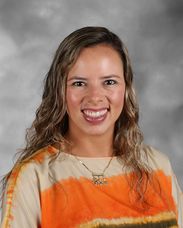Educational Support Services
The ESS Department offers comprehensive support to WCS students from K through 12th grade through our two programs: Student Academic Services and Health and Wellness.

Referral Process: Referral of students who are suspected of having a disability or facing persistent challenges affecting their classroom performance. This occurs after documented attempts of interventions in general education have proven insufficient.
Progress Monitoring: Ongoing monitoring of academic progress through grade reviews and regular communication with teachers and parents.
Direct Service: Provision of direct support in areas such as reading, math, study skills, therapeutic support, occupational therapy, and academic assistance. Support may be delivered in small group settings, one-on-one sessions, or specific remedial interventions tailored to individual student needs.
Service Delivery Models: Utilization of different service delivery models including push-in and pull-out methods to best meet student needs.
Assessment: Provided on a limited basis assessments including annual Acadience Reading testing, WADE, CTOPP, WJ-IV, WISC and other informal assessments. Coordination of standardized testing accommodations is also provided.
Consultation: Consultative support to teachers and parents, including review of cumulative files, offering instructional recommendations, collaboration with parents and school systems, and providing referrals for tutoring, evaluations, counseling occupational therapy or speech services.
Educational Planning: Development and implementation of Individual Learning Plans (ILPs) and 504 accommodation plans to support students’ academic developmental needs.
These services are designed to ensure that each student receives personalized support to thrive academically and personally within the WCS community.
Understanding Diverse Learners
Many students are adequately engaged and challenged within the WCS educational learning environment. However, some students benefit from accommodations or specialized instruction. These children have different learning styles and rates, strengths and weaknesses.
One child may have trouble receiving information through listening or reading. Another may struggle to express ideas verbally or in writing. Some are easily distracted and find following directions or retaining information a challenge. Others have problems keeping track of belongings or organizing their day. Some students come to school with other types of concerns that impact learning. Sometimes complicated tasks can be easily mastered while simple ones are unmanageable. Our goal is to understand and support each individual.
ESS Sensory Area
ESS Department
















